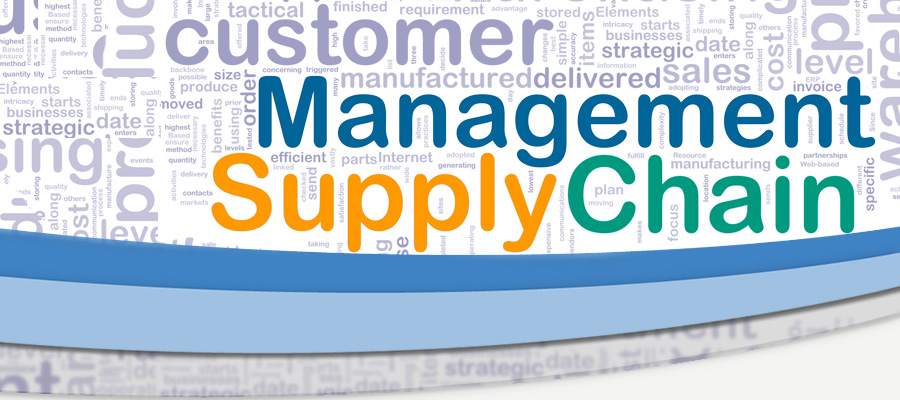
- IBM Empower 2015: The Evolution of Supplier Engagement General Session
The Empower event took place last week, I have been scanning the web to see if any video was released:
The recent CPO study from the IBM Institute for Business Value highlights the changing relationship between the enterprise and their suppliers. The procurement organization and its internal stakeholders are the conduit to innovation and value held within the supply chain. Unlocking that potential is key to driving the next wave of transformation and evolution. Join us in the Empower general session to hear the debate about what’s next for procurement and learn from your peers on what they are doing to release the value from their supply base.
- Why businesses should combine NPS with analytics
Alec Gardner, general manager ANZ, Teradata, says, “Businesses should be using data analytics in conjunction with NPS to enhance customer satisfaction, and in many cases, even help predict NPS.” “Doing this lets companies use data analytics to proactively seek customer sentiment using channels such as social media well ahead of the customer’s intention to contact the company,” Gardner says. ”Discovery analytics from big data sources lets companies gain new insights about competitors as well as their own products or services.”
http://itbrief.co.nz/story/why-businesses-should-combine-nps-analytics/
- What to Ask, and Not Ask, Your Cloud Hosting Provider
Don’t Ask: What is the provider’s availability record? This may seem like a very important question, and it is. However, it should be noted that if you’re researching a reputable hosting provider, many of the organizations that report on downtime don’t look at the clients of the provider, but only at the provider’s website. This can create false positive or negative results, since it isn’t a customer production environment.
- I read this Fast Company article this morning and thought it would be good to share (I think this will sound very familiar to something happening in July):
THE MESSY BUSINESS OF REINVENTING HAPPINESSIt is a tale of corporate politics, personal feuds, and turf wars. But it also the story of a success, even though the project didn’t fully deliver on its massive ambitions. This is what happens when a huge corporation tries to reinvent itself. This is what you have to do when you better make it work.
http://www.fastcompany.com/3044283/the-messy-business-of-reinventing-happiness#!

